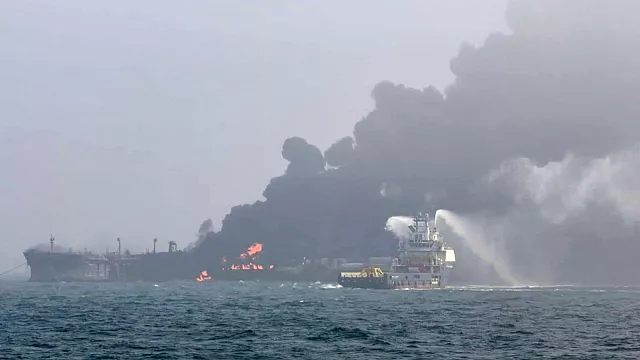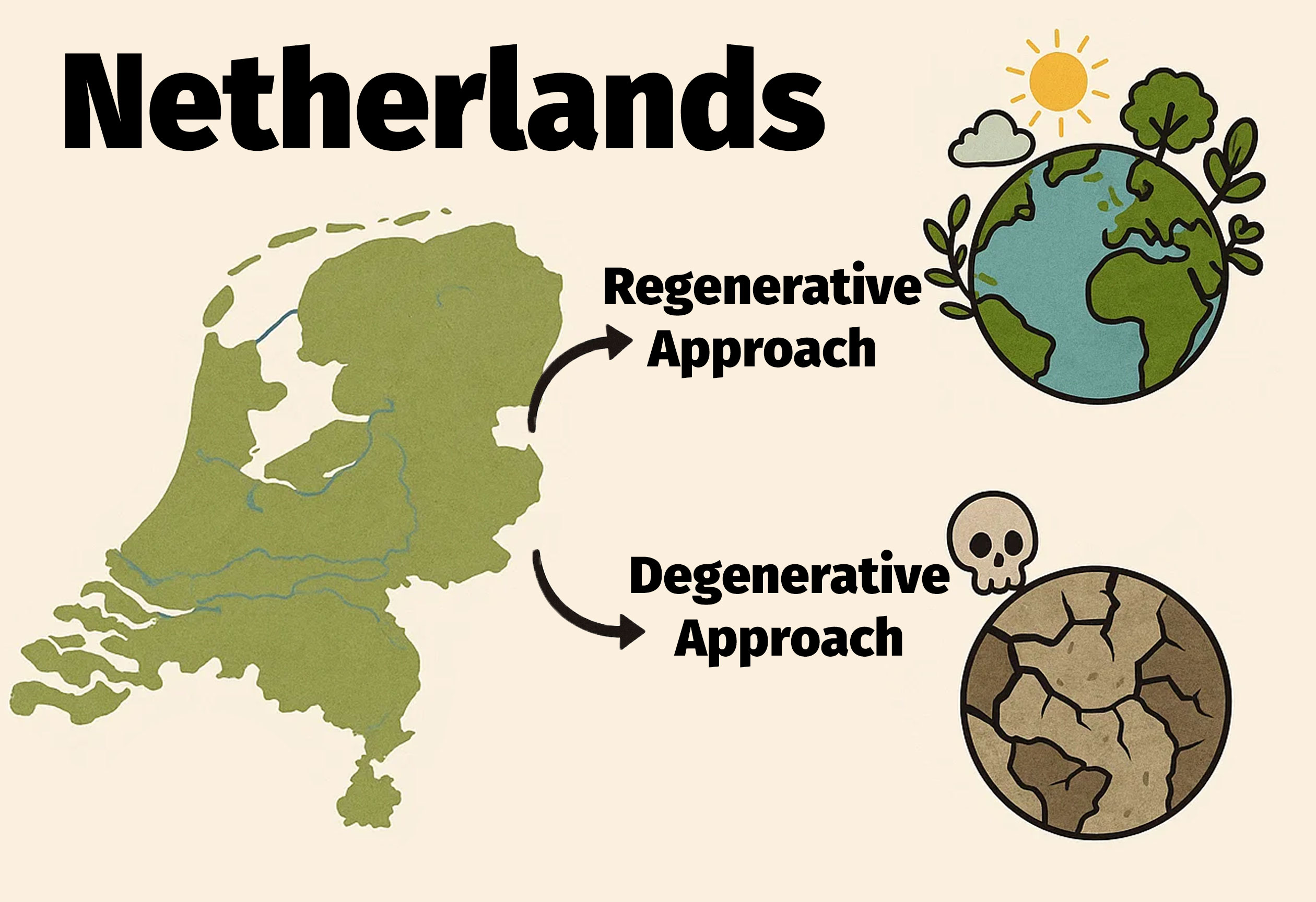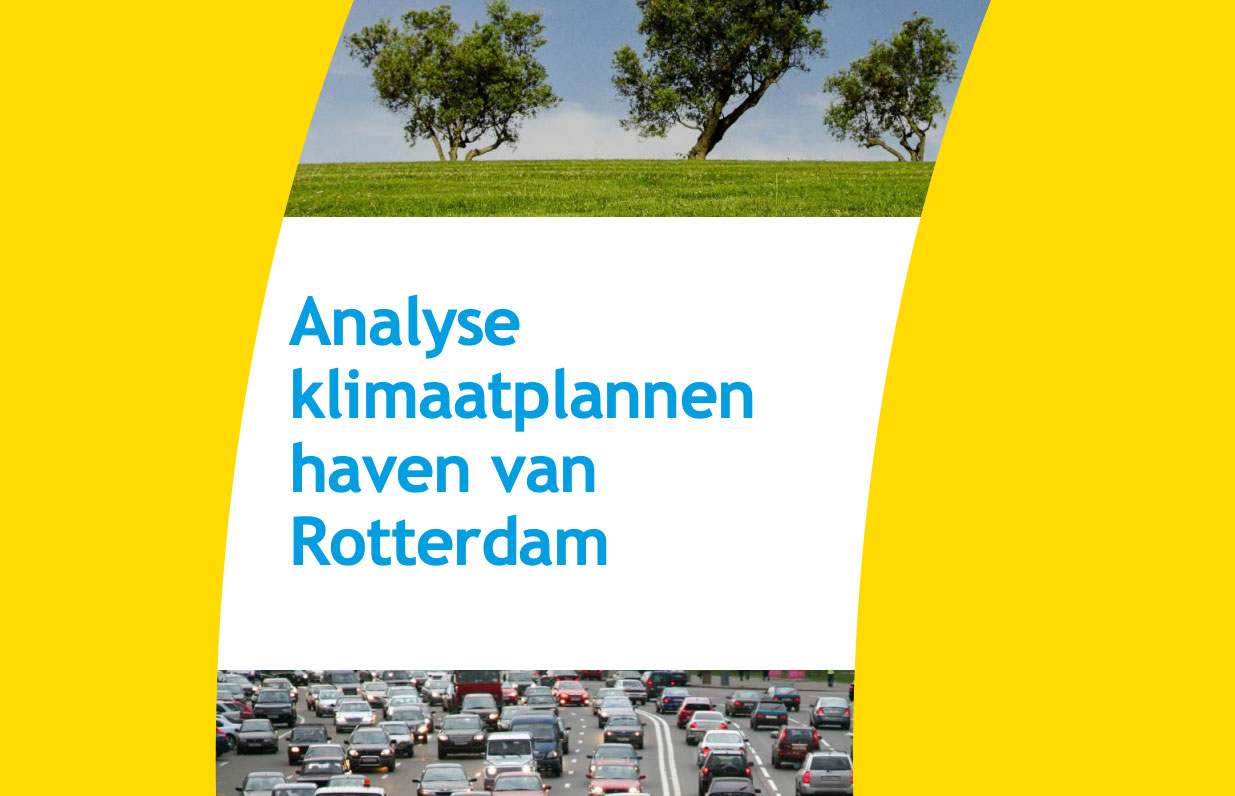
A dramatic collision at sea has once again highlighted the dangers of transporting hazardous cargo across international waters. The container ship Solong collided with the anchored tanker Stena Immaculate at a speed of 16 knots off the coast of Hull, United Kingdom. The Solong, en route from Grangemouth, Scotland, to Rotterdam, Netherlands, pierced the hull of the Stena Immaculate, leading to multiple explosions as jet fuel ignited upon impact. While 36 crew members were rescued after jumping into the sea, one crew member from the Solong remains missing.
This incident raises serious concerns about maritime safety, environmental damage, and the urgency of international regulatory action.
Hazardous Cargo: A Double Threat
Both ships were carrying hazardous materials, making this collision particularly alarming. The Stena Immaculate was transporting jet fuel for the US military, while the Solong had 15 containers of sodium cyanide among its cargo. The combination of these substances poses significant environmental and human health risks:
- Sodium Cyanide: This chemical is highly toxic and dissolves easily in water, potentially forming hydrogen cyanide, which is extremely hazardous to marine life and any rescue workers who might be at the scene.
- Jet Fuel: Though less volatile than crude oil, jet fuel is toxic and evaporates slowly, leading to prolonged contamination of marine ecosystems.
Environmental organizations, including Greenpeace, Oceana, RSPB, the Noordzee Foundation, and others have expressed grave concerns over the long-term consequences of this spill.
How Common Are Such Collisions?
According to David McFarlane, Director of Marine Risk and Safety Consultants Ltd, around 200–300 ship collisions occur annually. While not all involve hazardous materials, incidents like this one highlight the ongoing risks of maritime transport, especially in busy shipping routes like the North Sea.
The Relevance to the Netherlands and the Port of Rotterdam
The Solong was en route to the Port of Rotterdam, one of the busiest and most strategically important ports in Europe. Rotterdam serves as a key hub for hazardous cargo, handling vast amounts of chemicals and fuels daily. A collision involving hazardous materials so close to major shipping routes leading into the port underscores the potential risks to maritime trade, port operations, and the surrounding environment. Dutch authorities and maritime agencies must assess the broader implications of this incident, ensuring that international safety protocols are reinforced to prevent similar disasters in the future.
The Role of the IMO and the HNS Convention
The International Maritime Organization (IMO) is responsible for establishing safety and environmental regulations for global shipping. One key framework that could have provided compensation and mitigation measures in this case is the 2010 Hazardous and Noxious Substances (HNS) Convention.
The HNS Convention, officially known as the International Convention on Liability and Compensation for Damage in Connection with the Carriage of Hazardous and Noxious Substances by Sea, 2010, was designed to ensure comprehensive liability and compensation for incidents involving noxious and hazardous cargo. In essence, the HNS Convention was designed to ensure that incidents like this one are covered under an international civil liability framework. The Convention covers damages from pollution, fire, explosion and health hazards caused by hazardous cargo. More specifically this entails loss of life or personal injury, loss of or damage to property outside the ship, loss or damage by contamination of the environment and any costs of preventive measures.
However, the UK, Netherlands, Germany, and Belgium have yet to ratify the HNS Convention, meaning there is currently no international mechanism in place to address damages from this type of accident.
Why Hasn’t the HNS Convention Been Ratified?
For the HNS Convention to enter into force, at least 12 states must ratify it, along with a sufficient tonnage of hazardous cargo being registered under these states. Despite initial momentum, the ratification has faced delays:
- Norway was the first to ratify in 2017, followed by Canada, Turkey, Denmark, South Africa, Estonia, France, and Slovakia.
- In January 2024, Belgium, Germany, and the Netherlands met to discuss final ratification steps.
- If Belgium, the Netherlands, Germany, and the UK or Sweden commit to ratification, the convention could finally be enforced as the necessary number of states and tonnage criteria would be met.
Consequences of non-ratification
The failure to ratify the 2010 HNS Convention—both by the UK and the required number of states—has left a significant legal void. Without this international framework in place, victims of incidents involving hazardous cargo must rely solely on the UK’s domestic maritime laws and liability regimes, which may not provide comprehensive coverage for complex cases like this one. Compensation is largely dependent on the insurance policies of the shipowners involved, creating uncertainty and potential delays in financial redress.
In the absence of the HNS Convention, affected parties may face significant obstacles in securing adequate compensation, leaving communities, ecosystems, and workers to bear the consequences of corporate negligence. Once again, companies can evade full responsibility for the risks they impose, shifting the burden onto people and the environment.
Call to Action: Accelerate Ratification Now
We call on the Netherlands, along with Belgium, Germany, Sweden, and the UK, to expedite the ratification of this crucial treaty. Beyond addressing immediate risks, ratification is vital for the future, as the global trade of hazardous and toxic substances is expected to rise—especially those critical to the energy and material transition. Establishing a robust legal framework now will ensure greater accountability, environmental protection, and safety in the years to come.
“This collision underscores the urgent need for countries to ratify the HNS Convention. Without it, victims of hazardous cargo incidents remain without adequate legal and financial recourse. The Netherlands, Germany, Belgium, and the UK must take decisive action to ensure the safety of maritime transport and the protection of marine environments,” says Dr. Lucy Gilliam, Co-Executive Director and Co-Founder, One Planet Port.
It is time for global maritime leaders to prioritize the ratification of the HNS Convention before more dangerous accidents occur.
Feature image: Bartek Śmiałek, Associated Press


